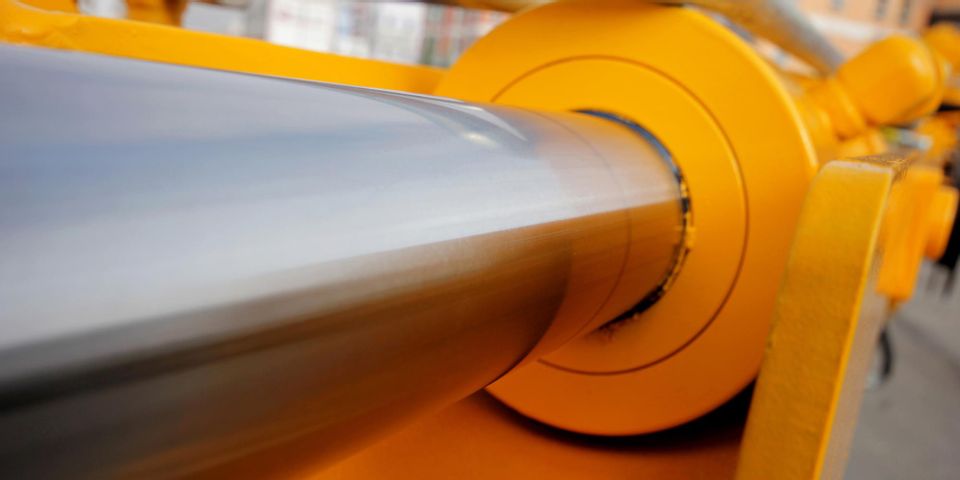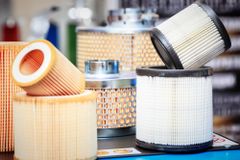5 Ways to Keep Hydraulic Cylinders in Good Condition

Responsible for converting liquid-based pressure into mechanical movement, hydraulic cylinders are vital components of many industrial applications, such as drilling, construction, manufacturing, and agriculture. As a source of power transmission, these devices are built to last. However, they can still be compromised by contamination and overheating. To extend the service life and maintain the efficiency of your industrial equipment, here are five upkeep tips.
5 Maintenance Tips for Hydraulic Cylinders
1. Inspect Seals
Hydraulic cylinders feature a variety of seals to help keep contaminants from entering compartments and prevent leaks. Inspect these seals regularly to check for wear or leaks. If a seal is not intact, have it replaced as soon as possible. Otherwise, harmful debris may enter the cylinder and contribute to system failure.
2. Replace Filters as Needed
 While seals help block out debris, filters inside the hydraulic center are designed to remove contaminants that enter the system. Modern systems will typically alert you when filters become clogged. However, if you use older equipment, you may have to inspect the filter visually. When clogs are present, replace the filter.
While seals help block out debris, filters inside the hydraulic center are designed to remove contaminants that enter the system. Modern systems will typically alert you when filters become clogged. However, if you use older equipment, you may have to inspect the filter visually. When clogs are present, replace the filter.
3. Evaluate Rod Finish
If a hydraulic cylinder’s finish is too smooth or too rough, it may wear down seals and contribute to leaks. If the rod is bent, load issues and system failures may occur. When you run into these issues, have the rod repaired or replaced with a device that has the correct strength and diameter for your equipment.
4. Test Hydraulic Fluid
Hydraulic fluid should be tested for cleanliness at least once a year. Send a sample to a lab or by using an in-house particle counter. If the fluid has an ISO cleanliness level worse than 17/15/13, you may have a faulty seal or filter.
5. Monitor Oil Levels & Temperature
Ideally, you should change the oil after every 50 hours of use for proper cleanliness. However, it’s still wise to monitor the oil levels throughout this period. If levels drop too low, the cylinder may overheat or decrease in speed.
Also, watch the oil temperature. If it exceeds 180 degrees or you smell burning, the oil may break down and contribute to system overheating. Hot oil can be the result of insufficient fluid, pump leaks, clogged cooler vents, or a faulty relief valve.
Providing a wide variety of industrial supplies throughout Hawaii, D & M Hydraulic Sales & Service is here to help keep your hydraulic system in good shape. Stocked with durable hydraulic cylinders, seals, valves, pumps, filters, and other components, this supplier delivers custom solutions to optimize performance and extend service life. They also provide fast delivery, 24-hour support, and in-depth technical assistance to customers. Visit this company online to learn more about their products, or call the Waipahu, HI, office at (808) 671-2420 for order support.
About the Business
Have a question? Ask the experts!
Send your question

